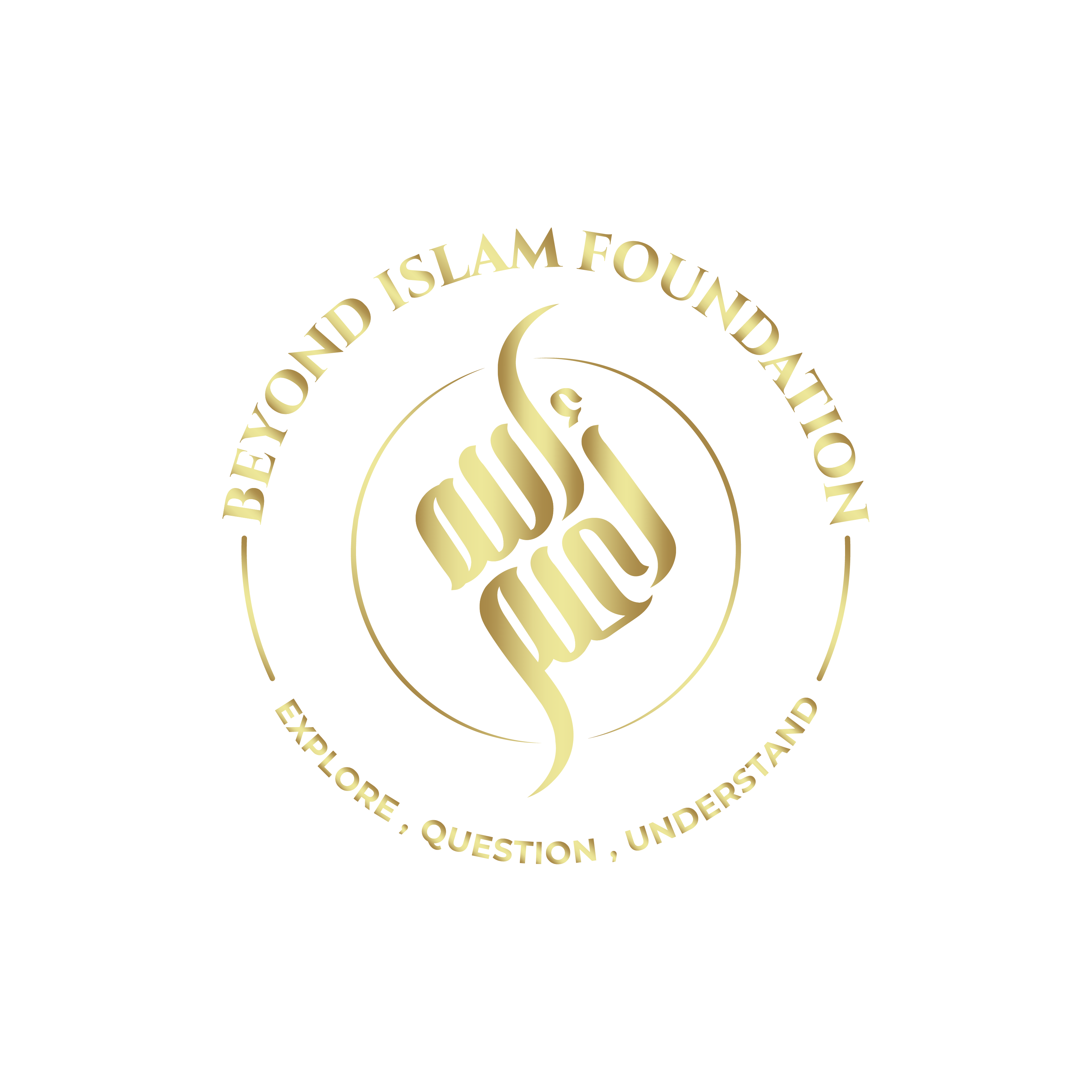Spirituality and Ethics
-
The Quran is Complete: The Words of Allah Are Sufficient 🚀
Introduction: The Quran Declares Its Own Completeness Allah makes it clear in the Quran that His revelation is complete, sufficient, and…
-
Introduction: Tawheed as a Way of Life
📖 “And whoever relies upon Allah – then He is sufficient for him.” (Quran 65:3) Tawheed – the absolute oneness of…
-
The True Meaning of Ṣalāt and Zakāt: A Qur’anic Analysis
Introduction In Islamic tradition, ṣalāt (often translated as ‘prayer’) and zakāt (often translated as ‘almsgiving’) are considered fundamental pillars. But does…
-
🚀 The True Concept of Fasting According to the Qur’an 🚀
Introduction: Fasting as a Spiritual Discipline and Divine Guidance 📖 “O you who believe! Fasting is prescribed for you as it…
-
How to Refute the Hadith-Based Interpretation of Ṣalāt Using the Qur’an
Many traditional interpretations of ṣalāt are based on hadith literature, which describes a fixed ritual of rakʿāt (units of prayer) and…
-
The True Meaning of Zakāt: A Qur’anic Perspective
Introduction Zakāt is traditionally understood as a fixed percentage of wealth, but does this align with the Qur’anic message? A deeper…
-
The Original Laylatul Qadr: An Astronomical and Historical Reinterpretation
Introduction: A Lost Night Rediscovered The traditional search for Laylatul Qadr arose because the Islamic calendar was originally not purely lunar…
-
The Roles of the Prophet According to the Quran 🚀
Introduction: Understanding the Prophet’s Multiple Roles Many people struggle to differentiate between the various roles of the Prophet Muhammad (ﷺ). The Quran…
-
How Sectarian Movements Distorted the Quran’s Message
Introduction: The Quran vs. Sectarian Interpretations The Quran describes itself as a clear, complete, and self-sufficient source of divine guidance (6:38,…
-
Protected: The Spiral of Salāh – Three Divine Sequences of Prayer and Energy Alignment
There is no excerpt because this is a protected post.









